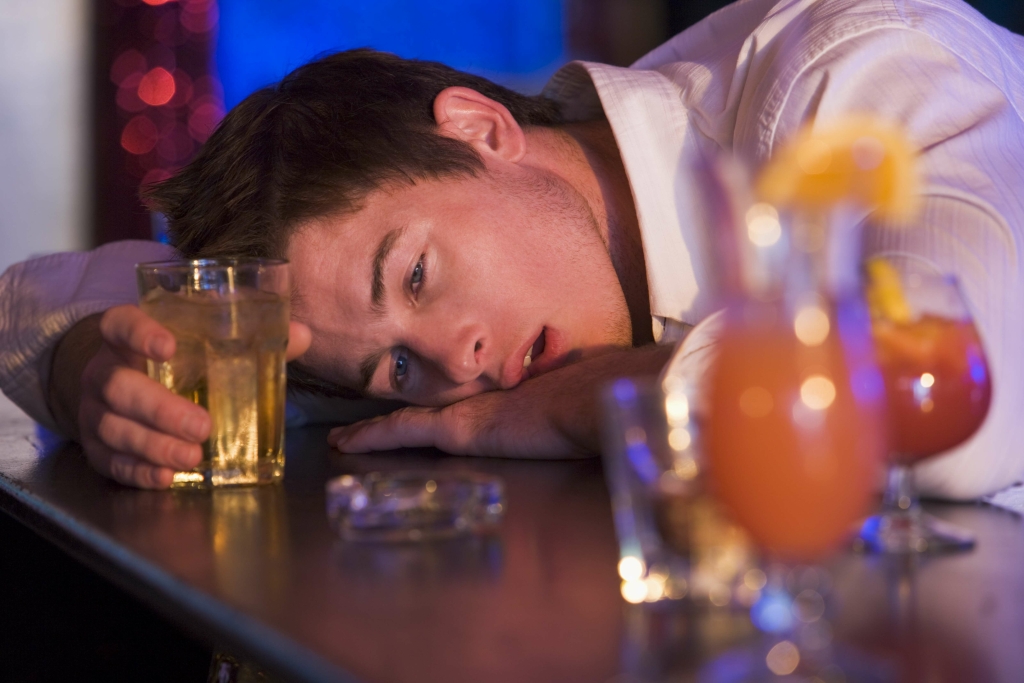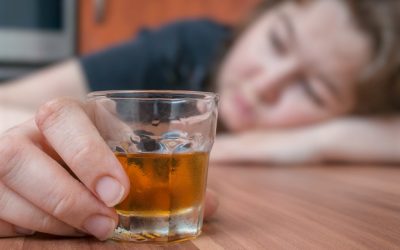Alcohol and Migraine: Relationship, Triggers, and Treatment
In a 2017 study, researchers found that people of East Asian ancestry drink less alcohol than members of other groups. Certain genes may influence the tendency to drink and alcohol tolerance to quantities of alcohol. Perhaps inflammatory mechanisms and the known vasodilatatoric effect of alcohol are the link between hangover and migraine. Results of MIDAS score among migraine sufferers ranged from 0 to 70 with a mean of 12.52 and SD of 13.81, classified as medium grade disability. This section collects any data citations, data availability statements, or supplementary materials included in this article. The final analysis was therefore based on 20,000 realizations, 10,000 from each chain.
Vegan Headaches & Migraine – What You Need To Know
If you or someone you know is struggling with alcohol-related issues, contact our specialised treatment advisors to get the https://noibaihn.vn/2025/01/22/what-is-sober-living/ help you need. You can become a part of a worldwide community of caring, compassionate people who are ready to share their stories and advice through our 24/7 Forum chat. We can also get you connected with licensed coaches for one-on-one counseling sessions and daily check-in calls via Zoom. It’s important to note that alcohol use disorder is a serious illness that can have life-threatening consequences. It’s important to see your healthcare provider if you are concerned about your alcohol use.

Herbal Supplements for Migraine: What to Know

To mimic the sweetness of traditional alcoholic headache wine, some alcohol-free wines may contain artificial sweeteners like aspartame, sucralose, or saccharin. While these sweeteners are generally considered safe for consumption, some individuals are sensitive to them and may experience headaches as a result. Before diving into specific drinks, it’s crucial to understand why alcohol causes headaches in the first place. Several factors can contribute to the discomfort, and identifying these triggers can help you make informed choices about your drink selection. Headaches after drinking alcohol, commonly known as hangovers, can last up to 72 hours after drinking, but most are shorter in duration.

What is a cocktail headache?
- While these headaches eventually do subside, it is important to talk to a medical provider about headache triggers and develop a plan to minimize them.
- Now, we’re not saying that you should avoid NA beers altogether (they can be super delicious), but if you are prone to headaches, it’s important to drink in moderation and stay hydrated.
- Additionally, people with a history of migraines may experience longer-lasting headaches after drinking alcohol.
- These genes may affect the likelihood of experiencing symptoms such as headaches after drinking small amounts.
However, there has been evidence to suggest that vodka is the least likely alcoholic beverage to cause a hangover. Drinking this with mixers such as lemonade or tonic waters can reduce the chances even further. However, it was noted that red wine is the leading culprit when it comes to a headache. The strongest effect is produced by dark-colored alcohols like red wine, beer, rum, etc. Whereas the other alcohols cause headaches equally or more frequently. If you’ve identified alcohol as a trigger for your migraine headaches, avoiding it altogether is probably best. The same is true if you find that some types of alcohol trigger your migraine headaches more than others.
This rapid fluctuation in brain chemistry can manifest as a cocktail headache. Often, alcohol-induced headaches also have characteristics that resemble your usual headaches, such as migraines, because alcohol is a trigger for these chronic headache conditions. Substance abuse Additionally, it is important to know the alcohol content of the beverage you’re drinking.
What Time Can You Buy Beer in Wisconsin: Essential Tips for Your Weekend Plans
This is most likely because it’s unclear which specific medications are part of it. Dr. Robblee is not a fan of the term and encourages patients and providers to keep track of the exact medications they’ve tried and make note of side effects and effectiveness. Red wine often gets the most blame, but beer can also have a significant impact. In fact, in one large survey on cluster headaches, beer was the most common culprit of all alcoholic drinks.
